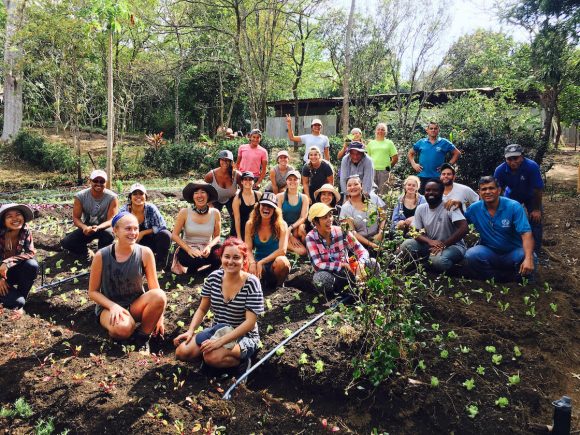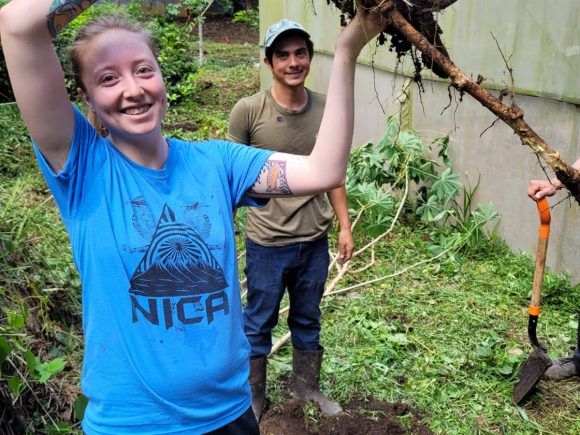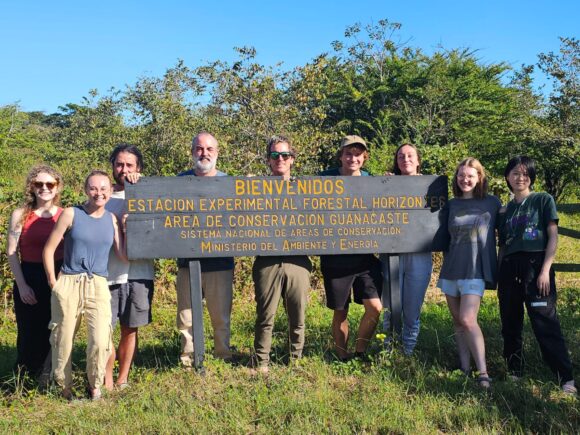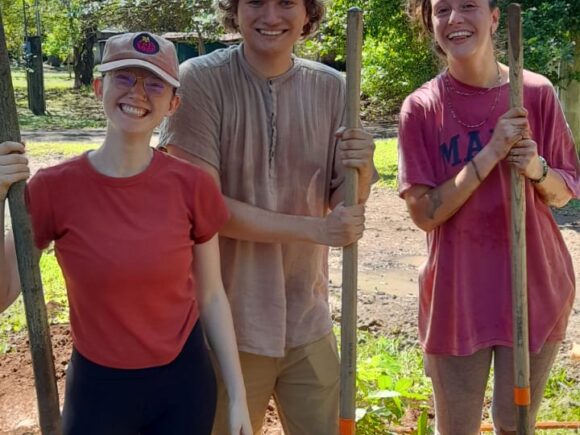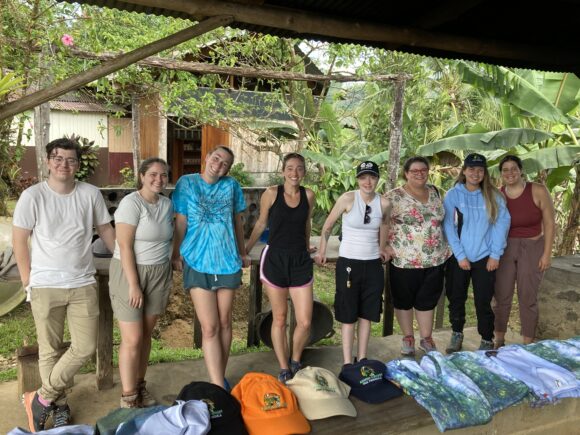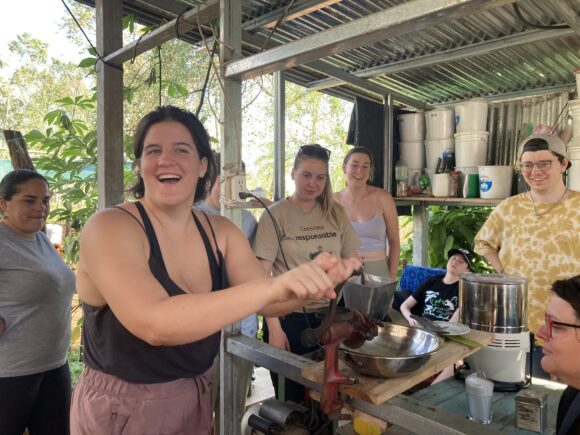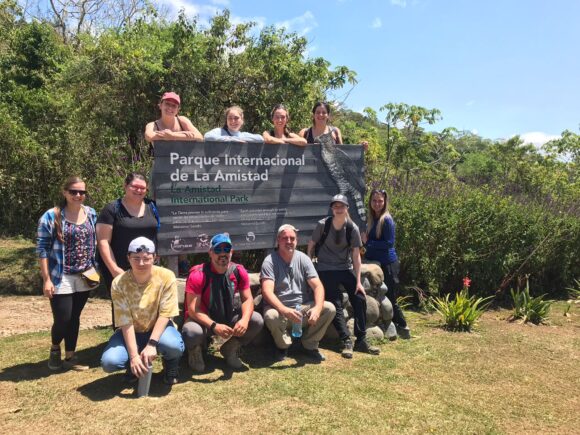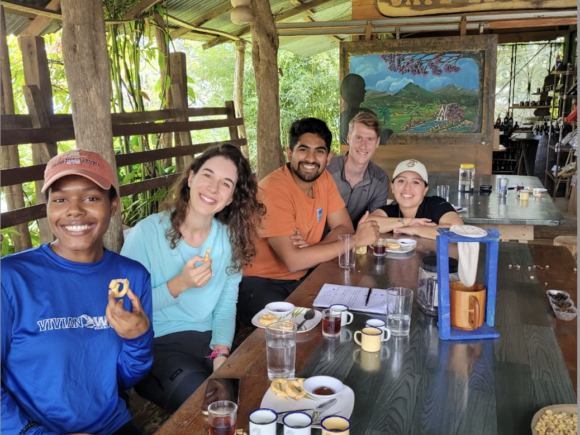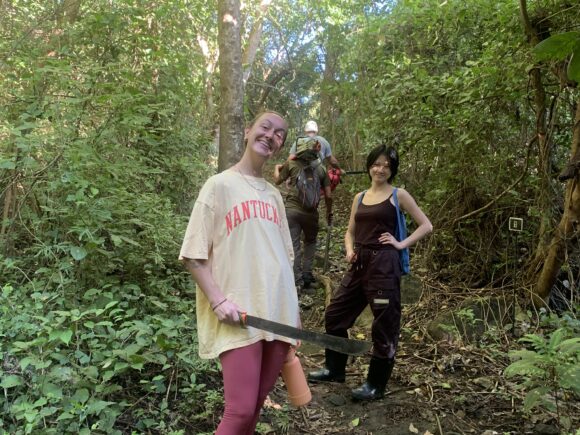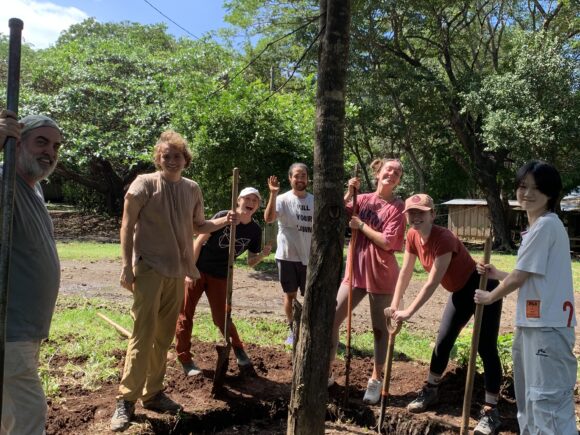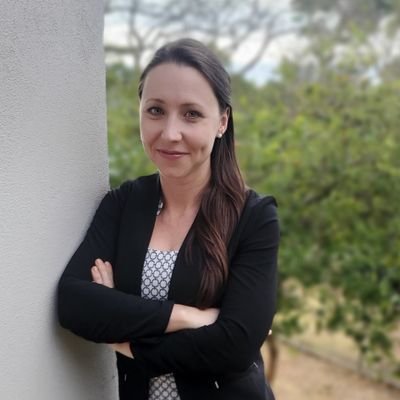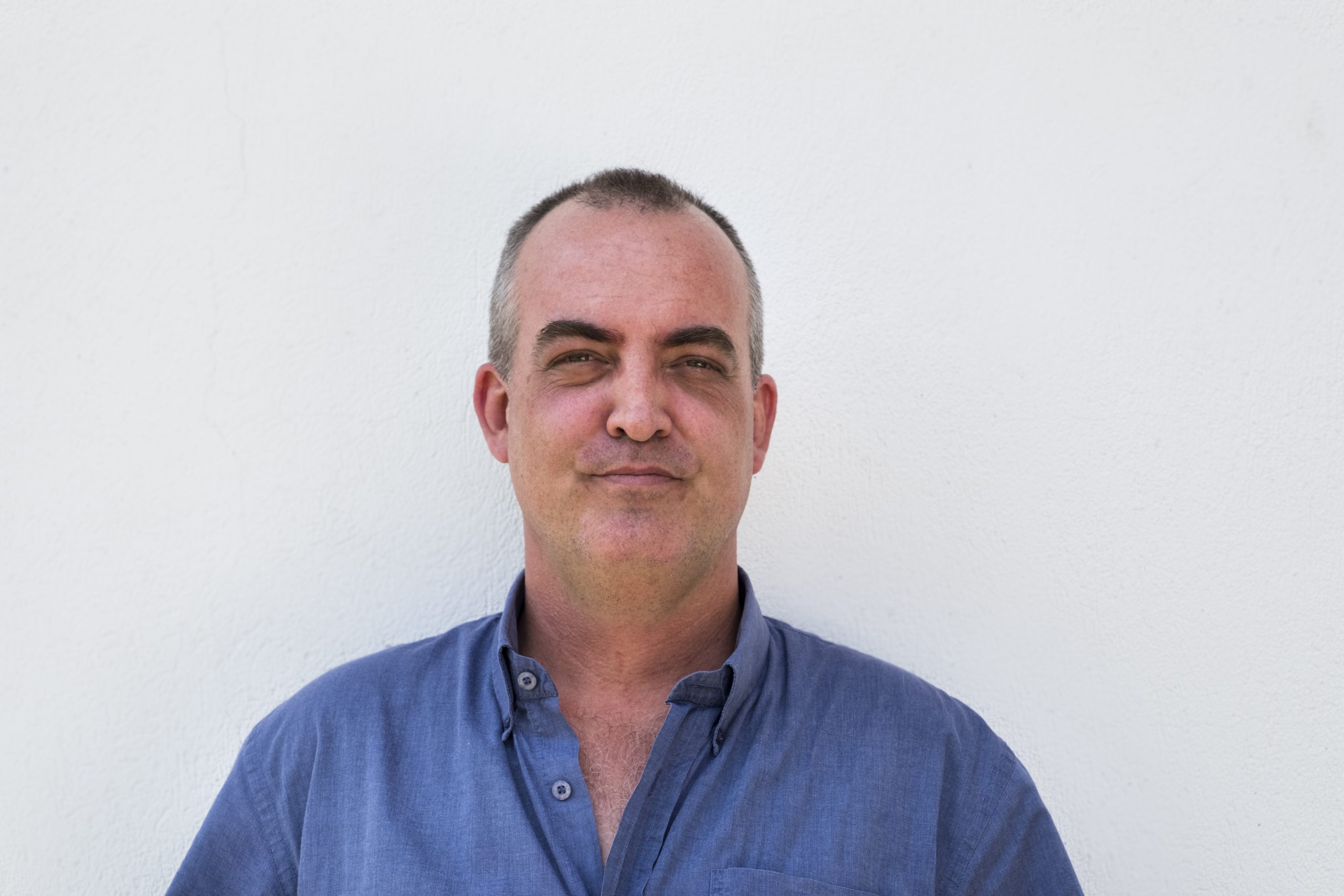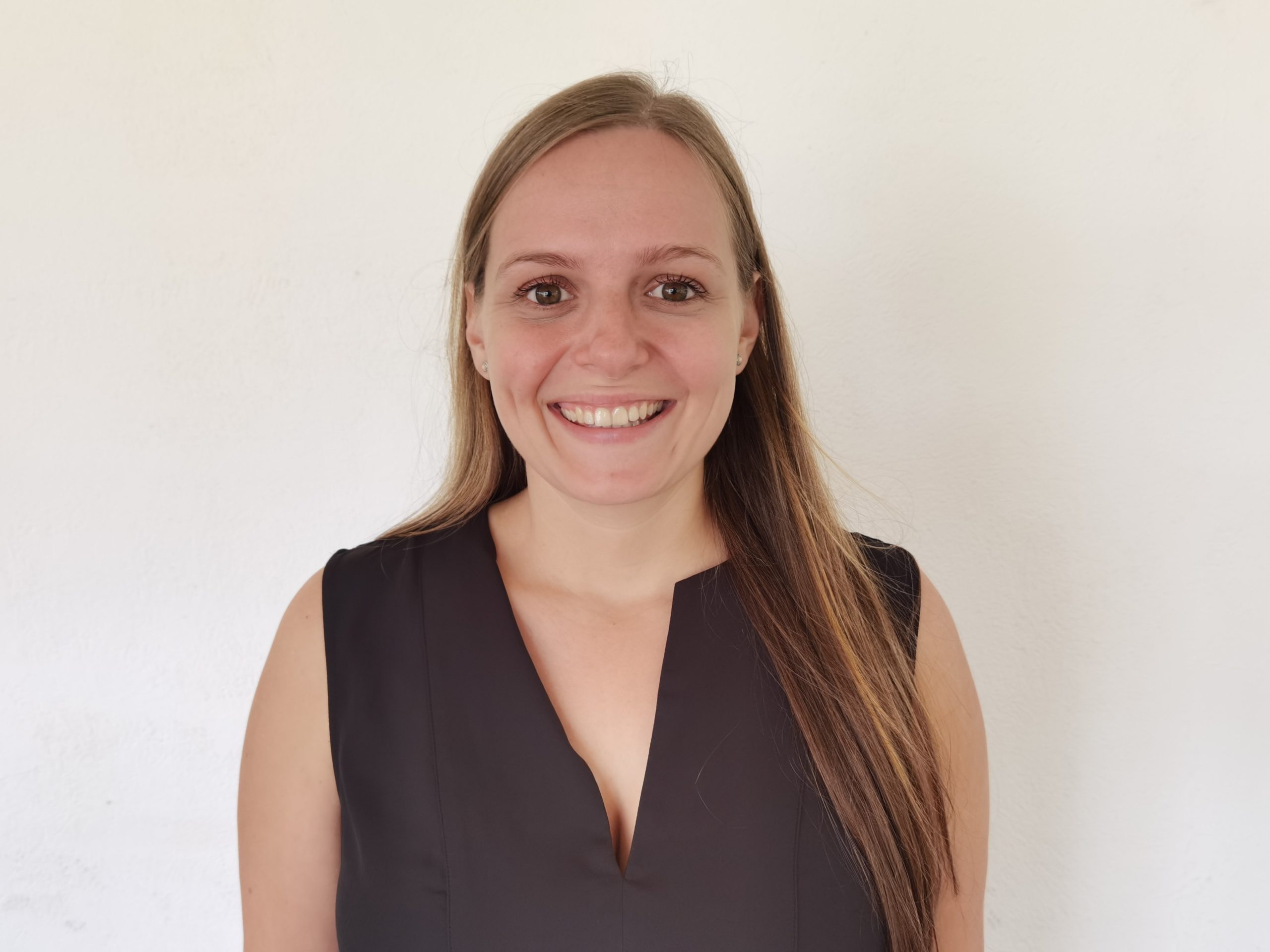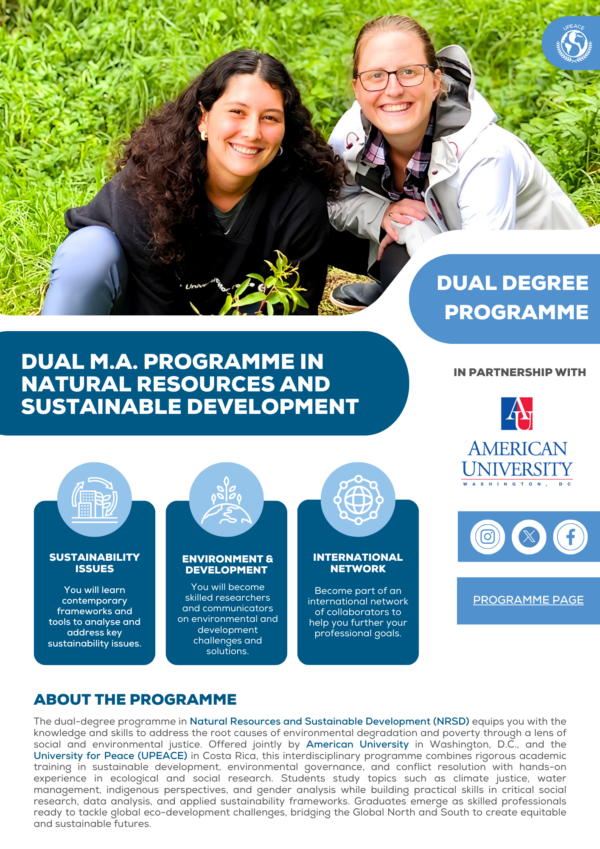M.A. in Natural Resources and Sustainable Development (Dual Degree)
M.A. in Natural Resources and Sustainable Development (Dual Degree Programme)
What are the root causes of environmental degradation and poverty? The dual-degree M.A. programme in Natural Resources and Sustainable Development (NRSD) builds on your passion for social justice and ecological sustainability. It provides you with the knowledge and skills needed to work in government, environmental NGOs, or sustainable development organizations around the world. Our interdisciplinary perspective highlights inequalities in access to resources, which are key drivers of environmental conflicts and global environmental changes.
The NRSD programme, offered by the Department of Environment, Development, and Health within the School of International Service at American University in Washington, D.C., is a dual M.A. degree programme. Students have the unique opportunity to study at both American University and the University for Peace (UPEACE), earning degrees from both institutions.
At UPEACE, NRSD students will take courses within two programmes (M.Sc. in Ecology and Society and M.A. in Environment, Development and Peace). Our courses provide comprehensive training in issues of sustainable development, environmental governance, natural resource management, and environmental conflicts from both ecological and social justice perspectives. It encompasses a broad range of subjects and themes, including Food Systems, Water Management, Indigenous Perspectives on Environment & Development, Forestry, Coastal Resources, Climate Justice, Urban Sustainability, and Gender. The programme focuses on the human dimensions of the environment-development nexus, highlighting the connections between local perspectives and broader processes at the national, regional and global levels and emphasizing the importance of political economic structures and inequity as a key driver in environmental conflict and global environmental change. The programme prepares students for a wide range of careers in both environmental and development policy and programming in the public, private, and non-profit sectors.
In our programme, you will learn contemporary frameworks and tools to analyze and address key sustainability issues from a social & environmental justice perspective. You will become skilled researchers and communicators on environmental and development challenges and solutions. Specific skills include: 1) critical social justice analyses of environmental topics, 2) social research methodologies, 3) data analysis, 4) applied research and publication skills, 5) gender analyses, 6) applied ecological research methods, 7) the application of sustainability frameworks, and more. Furthermore, you will build international networks of collaborators to help you further your professional goals.
Programme graduates will have the knowledge and skills to manage eco-development issues in a global context and build ties that bridge the Global North and Global South. Our graduates are visionary leaders in stewarding the Earth for the benefit of all.
About the Programme
Admissions
Admissions for this programme is handled directly by American University. Accordingly, all candidates must follow the admissions procedures listed here.
Once the admissions applications are complete, applicants will be notified of their admissions status.
Visit the official NRSD Programme page at American University here.
UPEACE The University for Peace (UPEACE) is an institution of higher education dedicated to the study of peace. Created by UN General Assembly Resolution 35/55, the University for Peace is a global leader in research and education related to peace, security and conflict and will take the lead in training students in the underlying theories of and approaches to peace, security and conflict. Through this unique partnership, UPEACE will provide a broader historical, legal and theoretical context to water conflict. UPEACE’s geographical setting in the Global South will also expose students to water-related conflicts at different scales through field-based study and research. r Master o
American University is a private, co-educational doctoral institution situated in a residential neighborhood of northwest Washington, D.C. AU’s campus-based student body is globally diverse, with all 50 states, the District of Columbia, and more than 100 countries represented. Eleven percent of graduate students and 10.6 percent of undergraduate students are international. The university’s mission is carried out by 962 full-time faculty and more than 1,600 full-time staff. Ninety-four percent of full-time faculty hold the highest degree in their field. Among AU’s more than 700 adjunct faculty are policymakers, diplomats, journalists, artists, writers, scientists, and business leaders.
Our programmes have highly practical components – several of our courses include field visits where we take students to visit different communities and projects throughout the country to offer hands-on learning experiences with our diverse and interdisciplinary community of collaborators in the field.
Our courses equip students with theoretical knowledge and tools to advocate for sustainable practices in diverse contexts. A concrete example is the greenhouse and garden in which our students can explore and experiment with sustainable agricultural practices to better understand the interrelationships between soil health, water protection, ecosystem dynamics, food security and circular economy, among others. We understand our greenhouse as a living laboratory in which our students play an important role throughout the academic year by planting, weeding, harvesting, watering, fertilizing and caring for their crops.
Please note that field trips can change from year to year.
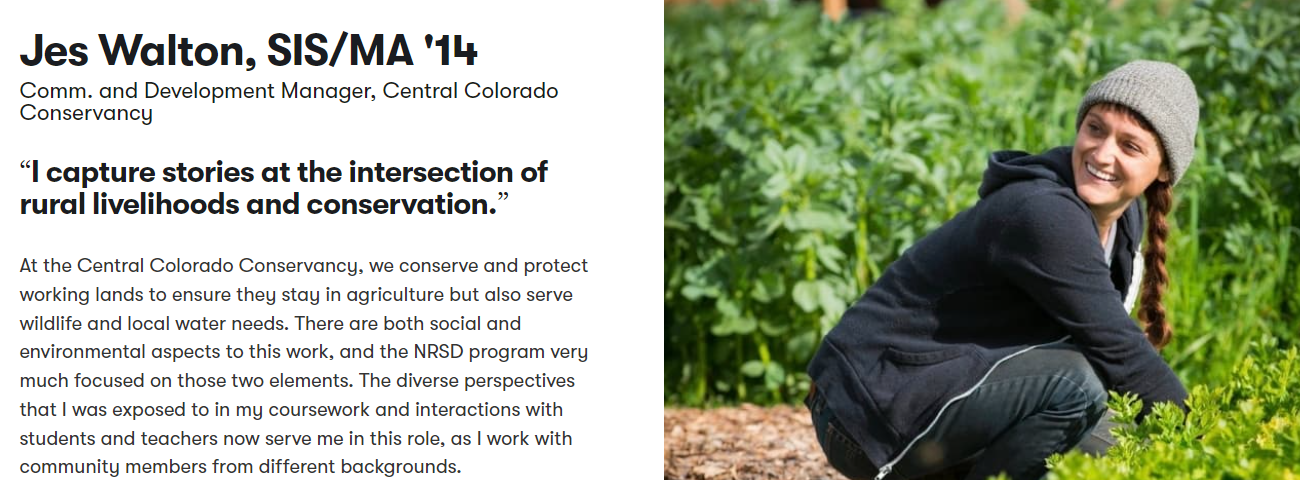
Follow us on our Instagram to stay up to date about our activities and events! @upeace.ded
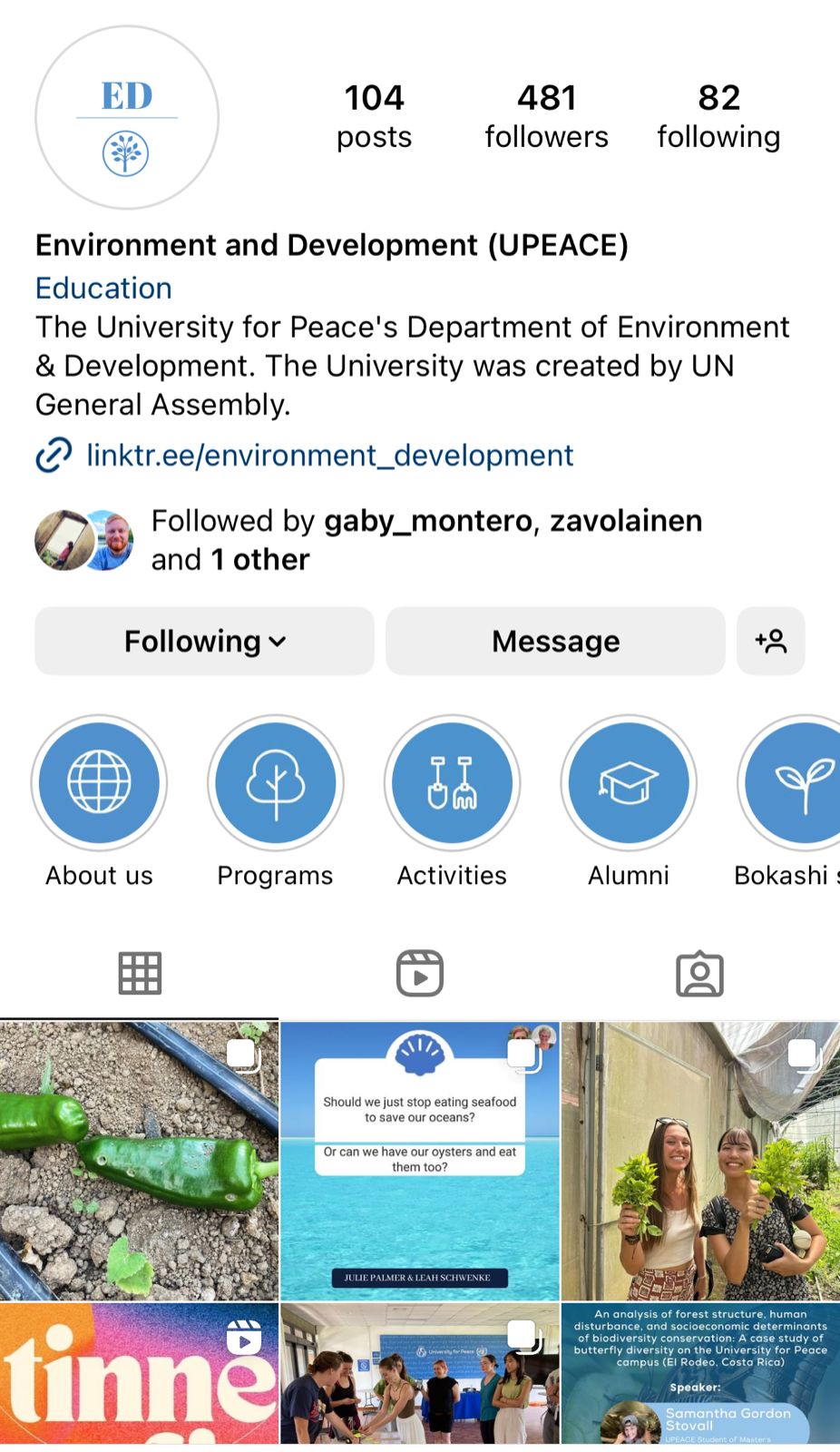
Frequently Asked Questions
What is the start date for this programme?
The start date of this programme is in August 2025 at American University. The first day of classes for NRSD students at the University for Peace is 7 January 2026.
Is this programme available online?
No. This is a synchronous face-to-face programme.
What is the duration of this programme?
The duration of this programme is 4 semesters of coursework total. Students will spend their first semester at American University (fall semester), followed by two semesters (January – December) at the University for Peace, and a final semester at AU.
Is this programme offered part-time or full-time?
This is a full-time programme.
Where is the campus located and what are the nearby towns like?
The campus is located in El Rodeo de Mora, Colón, San José, Costa Rica. This is a rural area, up a small mountain that is 7 kilometres from the town of Ciudad Colón. Ciudad Colon is a small town with all services (banks, coffee shops, two large supermarkets, farmer’s markets, a park, multiple gyms, a swimming pool, and other stores). This town is around 15 kilometres from a large shopping mall and 20 kilometres from the capital city San José.
Is the campus accessible by public transportation?
UPEACE provides students with several shuttles (free of charge) throughout the day from Ciudad Colón to campus and back.
Are the accommodations included in the tuition fee?
Accommodations are not included in the tuition fee and must be covered by the student.
What does the housing situation close to the campus look like?
Once you are accepted into the programme, you will receive access to our housing platform where you can find different accommodation that best fit your needs and budget, either in El Rodeo (closest to UPEACE) or in the town of Ciudad Colón. Suggested housing accommodations include a room with a host family, studio, apartment, or house which could be shared with other students. For further questions regarding housing, please contact our colleague and housing officer, Alvaro Castro: acastro@upeace.org
What is the typical cost of living in Ciudad Colon?
Typical monthly expenses range from approximately $700 – $1,500 per month. This amount will vary depending on the individual student’s living preferences (more information at https://upeace.org/housing/).
Do I need a student visa for this programme?
No. As a citizen of the United States, you do not need to apply for a student visa for this programme. You are permitted to enter Costa Rica with a Tourist Visa for the duration of this phase of the programme. For specific questions regarding visas, please contact our colleague and visa officer, Cynthia Díaz: cdiaz@upeace.org
What is the admission process for this programme?
Prospective students should complete their online application through American University. Click here to visit AU’s NRSD Admission Requirements page.
In what language is this programme taught?
The programme is taught in English.
What level of Spanish is recommended?
Although this programme is taught exclusively in English, students should take into account that Spanish is the national language of Costa Rica, making a basic level of Spanish helpful in your day-to-day life with people outside our university community. NRSD students are invited to take on-campus Spanish classes at no additional cost, no matter their level.
What department does the NRSD programme belong to?
On the UPEACE side, this programme belongs to the Department of Environment and Development.
Where do students work after graduating?
Our Alumni work in a variety of fields and organizations. Some work for the private sector, some government organizations, some for the United Nations, some for non-governmental organizations (NGOs), while others follow a career in academia.
Are there field visits in this programme?
Yes, most of our courses have field visits. Some are day trips; some can be overnight. During these visits, students get the opportunity to visit different communities and projects throughout the country and gain hands-on learning experience with our diverse and interdisciplinary community of collaborators in the field.
Where are the professors in the programme from?
Our resident and visiting faculty members come from a variety of countries and backgrounds. We invite you to check out the department’s faculty by visiting the department page here.
